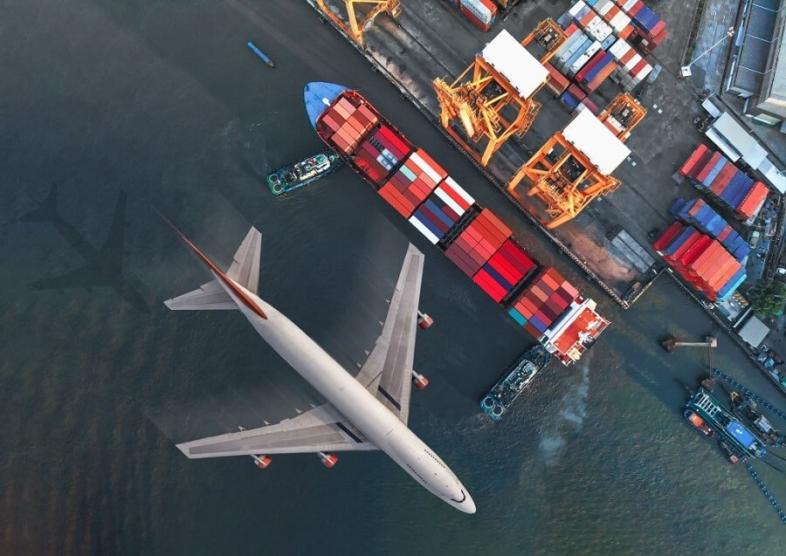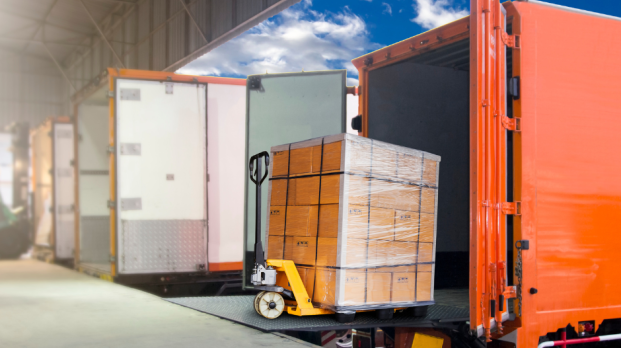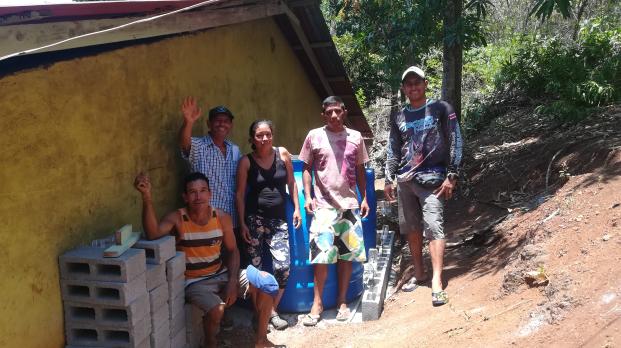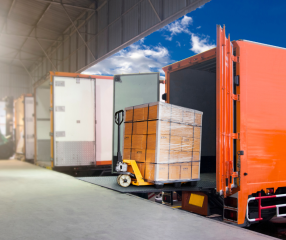
Over the last decade, sustainability has been introduced to many organizations across the world, promoting green initiatives and fostering sustainable environments at the individual and corporate level. However, global consumption is a rapidly growing threat to the planet, with emission levels caused by transportation at an all-time high. According to Applandeo, the logistics industry is responsible for about a quarter of global carbon dioxide emissions, which may rise to 40% by 2050 unless actions are taken.
What is Sustainable Aviation Fuel?
There are various actions organizations in the logistics industry can take to reduce emissions and their collective carbon footprint, one being Sustainable Aviation Fuel (SAF). According to IATA, SAF is a liquid fuel currently used in commercial aviation which reduces CO2 emissions by up to 80%. It can be produced from a number of sources (feedstock) including waste oil and fats, green and municipal waste and non-food crops. It can also be produced synthetically via a process that captures carbon directly from the air.
How does SAF contribute to global emissions reduction?
Jet fuel is a big contributor of carbon emissions, with one flight between London and San Francisco averaging nearly one tonne of CO2e per economy ticket booked. However, there are no other alternatives for transporting large groups of people quickly over long distances. The aviation industry is expected to double to over 8 billion passengers by 2050, therefore a compromise is required to utilize aviation with more sustainable tools.
SAF provides an impression emissions reduction of up to 80% over the lifecycle of the fuel compared to traditional jet fuel. The lifecycle of the fuel includes the production of SAF, transportation of raw goods, refining the fuel, and so on.
If applied correctly, IATA estimates that SAF could contribute around 65% of the reduction in emissions needed by aviation to reach net-zero in 2050, along with infrastructure, new technologies, and offsetting carbon emissions.
How is SAF being implemented and what are the challenges?
According to EY, the public sector and aviation industry are positioning themselves to implement more sustainable practices, which includes SAF. While the adoption of SAF is slowly on the rise, this fuel has been widely accepted as the path forward to net-zero. IATA notes that 500 flights were deployed using SAF in 2016; 450,000 flights were deployed using SAF in 2022; and an estimated one million flights will be deployed using SAF in 2025.
However, there are multiple challenges the industry has faced when introducing SAF to the fuel mix.
1. Currently, SAF is more expensive to produce than traditional jet fuel, being relatively new with less usage. Quality SAF is less available to cater to the demand of this sustainable fuel.
2. SAF cannot be stored in the same tanks as traditional jet fuel, requiring airports to build alternative facilities to support the storage of this fuel. Today, ICAO claims there are 38 airports across the globe that offer SAF and adequate storage, with most being based in North America and Europe.
3. Getting regulatory approvals to operate flights with 100% SAF takes time. Currently, all commercial flights, military aircrafts, and helicopters can fly with up to a 50% blend of SAF. The goal is to ensure 100% SAF by 2023.
4. SAF production requires significant land occupation, with many of its sources being agro-industry waste. Producers of SAF must prepare adequate solutions to collect this waste as well as develop SAF.
EFL Global’s Commitment to SAF
As an asset-light company, EFL Global has and will continue to collaborate with its industry partners to implement SAF initiatives for its clients. Currently, the global logistics organization is in discussions with its airline partners to find the most suitable way forward to begin adopting SAF practices.
SAF and sustainability as a whole are becoming – if not already – a priority for EFL Global’s client base, and the opportunity to implement green logistics and solutions allow both the provider and client to contribute to a net-zero future, free of emissions caused by the aviation industry.
For more information about EFL Global’s green solutions, please visit www.efl.global/solutions.





